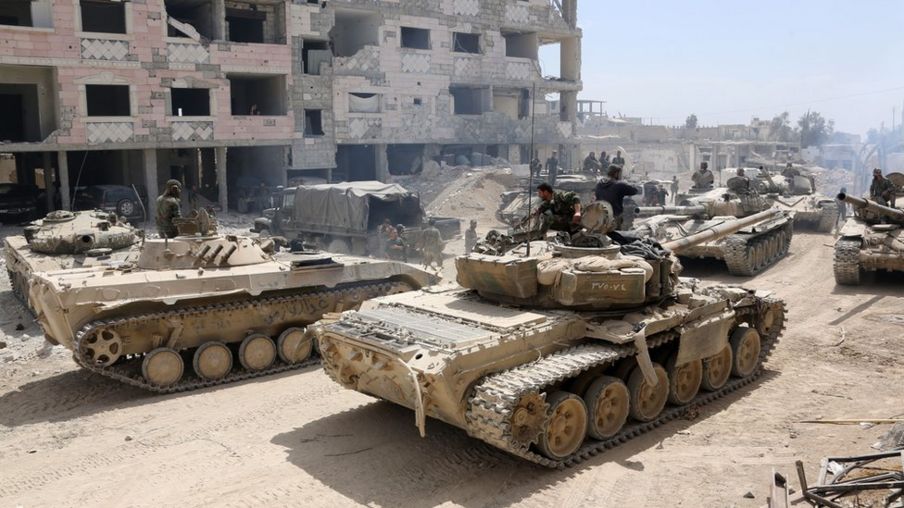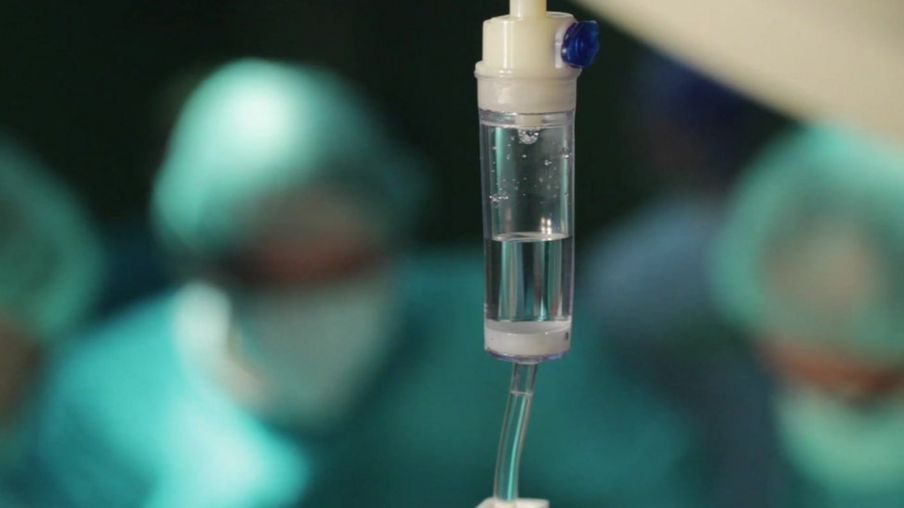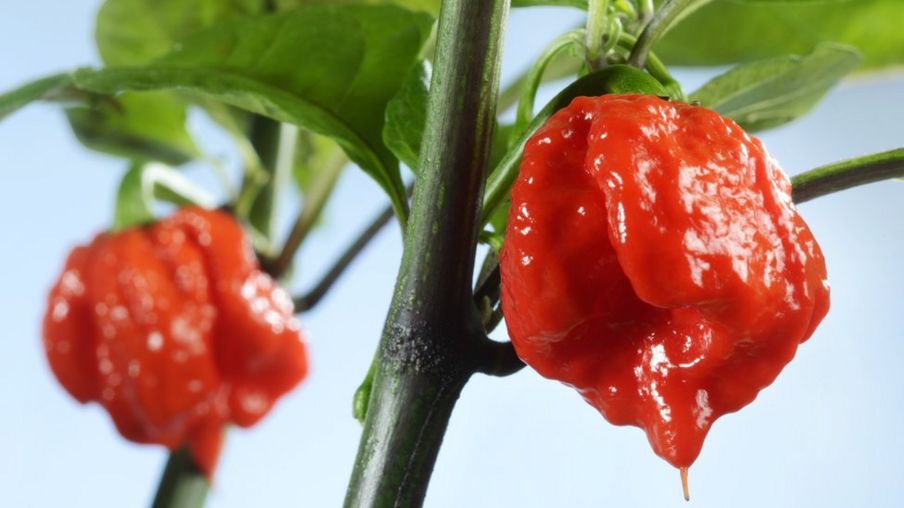
Russia has urged the US to avoid taking military action in response to an alleged chemical attack in Syria.
"I
would once again beseech you to refrain from the plans that you're
currently developing," Moscow's UN envoy Vasily Nebenzia said on
Tuesday.He warned Washington that it will "bear responsibility" for any "illegal military adventure" it carries out.
But Western leaders say they have agreed to work together to target those responsible for the attack in Douma.
French President Emmanuel Macron said any strikes would target Syrian government chemical facilities.
US President Donald Trump has promised a "forceful" response, and he and his Defence Secretary, James Mattis, have cancelled travel plans this week.
- UK agrees Syria action with US and France
- Syria 'chemical attack': What we know
- Why is there a war in Syria?
President Bashar al-Assad's government - which receives military backing from Russia - denies being behind any chemical attack.
What is the UN doing?
The warning from Moscow came during a divided meeting of the UN Security Council which failed to pass any measures to set up an inquiry into the alleged attack.As permanent members of the council, Russia and the US both have the power to veto. They both blocked each other's proposals to set up independent investigations.
The US-drafted resolution would have allowed investigators to apportion blame for the suspected attack, while Russia's version would have left that to the Security Council.
A team from the Organisation for the Prohibition of Chemical Weapons (OPCW) is due to deploy to Syria "shortly" to determine whether banned weapons were used in Douma.
But the OPCW will not seek to establish who was responsible for the attack.
Mr Nebenzia accused the US of "planting this resolution" as a "pretext" to justify military action.
"We could find ourselves on the threshold of some very sad and serious events," he said.
US envoy Nikki Haley responded by calling the vote a "travesty".
"Russia has trashed the credibility of the council," she said.
"Whenever we propose anything meaningful on Syria, Russia vetoes it."
Will there be a military strike?
Mr Trump cancelled his first official trip to Latin America so he could focus on Syria.
That decision suggests the US response may involve a larger military operation than a limited strike, says the BBC's Barbara Plett Usher in Washington.
Washington has also been in discussion with France and the UK, raising the prospect of co-ordinated Western military action. The Times reports that the UK's Prime Minister Theresa May has urged Mr Trump to provide more evidence of the suspected chemical attack.
A US Navy guided-missile destroyer, the USS Donald Cook, is in the Mediterranean, and the European air traffic control agency, Eurocontrol, has warned airlines to take "due consideration" while in the eastern Mediterranean over the next few days, because of the possible launch of missiles into Syria.
Several senior Russian figures have warned of a Russian response to a US attack. Alexander Zasypkin, Moscow's ambassador to Lebanon, is the latest, repeating a warning by the head of the military that missiles would be shot down and their launch sites targeted.
What happened in the suspected attack?
Syrian opposition activists, rescue workers and medics allege that the attack on Douma was done by government forces using bombs filled with toxic chemicals.The Syrian-American Medical Society said more than 500 people were brought to medical centres with symptoms "indicative of exposure to a chemical agent".
- Viewpoint: Chemical weapons ‘threat to West’
- Israel blamed for Syria airfield attack
The French representative at the UN Security Council said poison gas had deliberately been used as it could seep down to the basements.
Following the alleged attack, Syria and Russia reached an evacuation deal with the Jaish al-Islam rebels, who up until now have been holding Douma.
Originally published on ...http://www.bbc.com/news/world-middle-east-43721057


